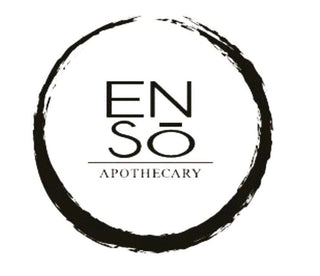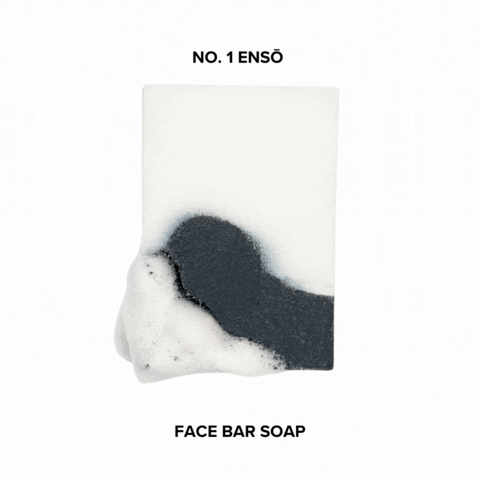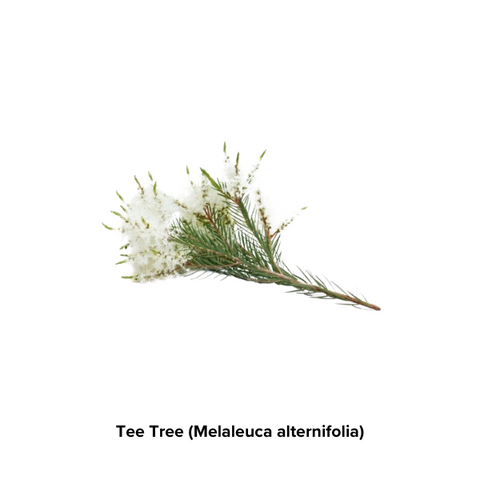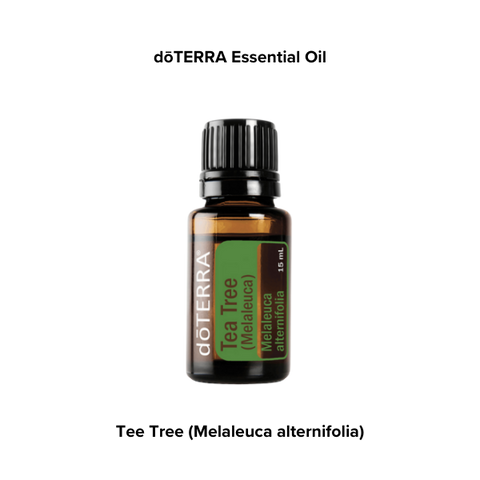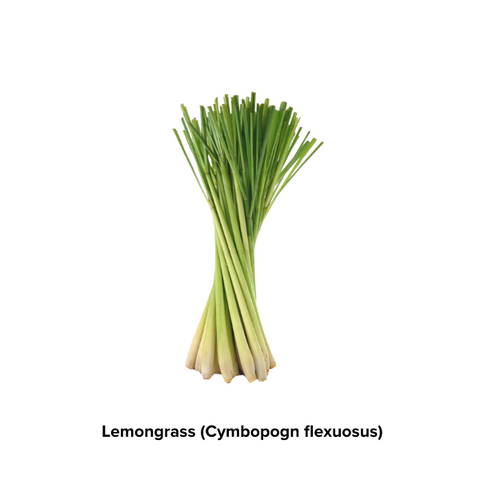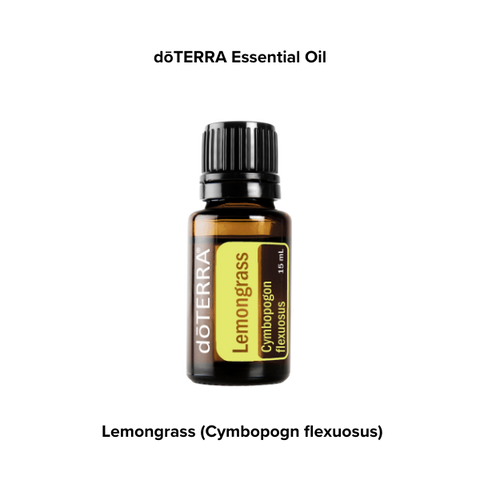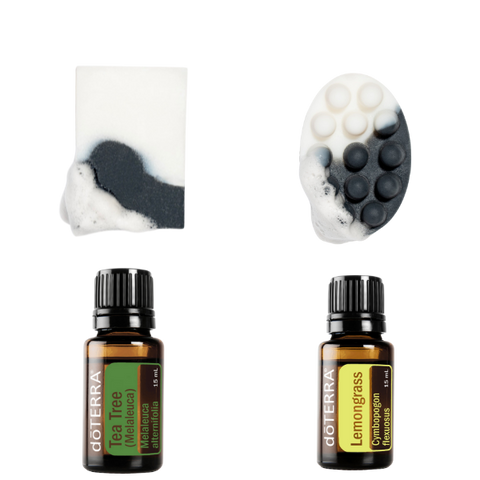WRITTEN BY INNERGY TEMPLE
UPDATED OCTOBER 1, 2024
Get to Know No. 1 Ensō Face Bar Soap & Massage Body Bar Formulated with Tea Tree & Lemongrass Essential Oils
Unleash your inner zen with Ensō Apothecary's hand-poured, one-of-a-kind vegan soaps made with simple, organic ingredients. The No. 1 Ensō Face Bar Soap and Massage Body Bar are our signature creations, formulated with Tea Tree (Melaleuca alternifolia) and Lemongrass (Cymbopogon flexuosus) essential oils. These 100% natural bar soaps are designed to nourish your skin while being gentle on your senses. Unlike artificial fragrances that can irritate allergies and trigger headaches or migraines, our essential oils provide soothing benefits without overwhelming your senses. In this blog post, you will learn important facts about these powerful essential oils and why we selected this particular combination for our acne-fighting vegan soaps.
Understanding Aromatherapy Chemistry
Aromatherapy is a time-honored practice that has been utilized around the globe for millennia. Essential oils are highly concentrated volatile molecules derived from various parts of plants, including flowers, leaves, stems, bark, and roots. These oils carry the unique scent and chemical components of the plant from which they are extracted, making them effective aids for healing and overall wellness.
Essential Oils: Nature's Essence

Essential oils comprise a complex mixture of chemical compounds, each contributing to their unique scent and therapeutic effects. These compounds belong to what is referred to in chemistry as a chemical family, which includes terpenes, esters, aldehydes, phenols, ketones, and oxides. For example, terpenes such as limonene and pinene impart uplifting and energizing qualities, while phenols like thymol and eugenol exhibit strong antimicrobial properties.
Chemical Composition: The Building Blocks of Healing
The chemical makeup of essential oils varies greatly based on plant species, region, climate, and extraction methods. For instance, lavender essential oil contains significant amounts of linalool and linalyl acetate, which help relax and soothe the skin and mind. In contrast, tea tree oil contains terpinen-4-ol, known for its antimicrobial properties.
Importance of Understanding Chemistry for Therapeutic Use
Understanding the chemistry of essential oils is crucial for leveraging their therapeutic benefits effectively and safely. Here’s why:
- Efficacy: Knowledge of the chemical composition allows for the selection of oils that align with desired outcomes. Look for companies that provide GC/MS (Gas Chromatography-Mass Spectrometry) reports on their oils.
- Safety: Certain components in essential oils can cause adverse reactions if used improperly. It’s essential to consult with a licensed healthcare provider if you are pregnant, nursing, or under medication before using essential oils.
- Synergy: Combining essential oils with complementary chemical profiles can enhance their therapeutic effects.
- Quality Control: Familiarity with essential oil chemistry aids in assessing the quality and purity of oils, ensuring they contain specific compounds in appropriate concentrations.
In essence, understanding essential oil chemistry empowers individuals to make informed decisions when incorporating aromatherapy into their wellness routines, unlocking their potential for promoting physical, mental, and emotional well-being.
Introduction to Tea Tree (Melaleuca alternifolia) Oil: The Natural Wonder
Tea tree (Melaleuca alternifolia) essential oil is extracted through steam distillation from tea tree leaves. The essential oil provides numerous benefits such as pain reduction and acne treatment due to its antibacterial and anti-inflammatory characteristics. Tea tree (Melaleuca alternifolia) oil is a popular means of treating a range of skin care disorders, including acne, simply because of this.
Chemical Components of Tea Tree (Melaleuca alternifolia) Oil:
Chemical Components of Tea Tree Oil: Unveiling the Magic
The effectiveness of tea tree oil lies in its chemical composition, which includes key components such as terpinen-4-ol and 1,8-cineole. Terpinen-4-ol is particularly noted for its potent antimicrobial activity, while 1,8-cineole provides additional therapeutic benefits, including anti-inflammatory and analgesic properties.
Antimicrobial Properties: Battling Acne-Causing Bacteria
Tea tree (Melaleuca alternifolia) oil is celebrated for its ability to combat acne-causing bacteria, notably Propionibacterium acnes. Research has shown that tea tree oil possesses significant antimicrobial activity against this bacterium, making it an effective natural alternative to conventional acne treatments (Carson et al., 2006). Studies indicate that tea tree (Melaleuca alternifolia) oil inhibits the growth of P. acnes, reducing the risk of breakouts and promoting clearer skin.
Reduction of Inflammation and Redness: Soothing Skin Woes
In addition to its antimicrobial prowess, tea tree (Melaleuca alternifolia) oil is renowned for its anti-inflammatory properties, which help calm inflamed and irritated skin associated with acne. By inhibiting pro-inflammatory cytokines and enzymes, tea tree oil alleviates redness, swelling, and discomfort, leading to a clearer, more balanced complexion (Kim et al., 2019).
In conclusion, tea tree (Melaleuca alternifolia) oil exemplifies nature's healing abilities, offering a potent combination of antimicrobial and anti-inflammatory properties that make it a valuable ally in the fight against acne. By harnessing this botanical wonder, you can achieve clearer, healthier skin without relying on harsh chemicals or synthetic additives.
Lemongrass Essential Oil: Nature's Acne Fighter
Lemongrass (Cymbopogn flexuosus) essential oil is derived from the Cymbopogon citratus plant. Renowned for its citrus scent and therapeutic applications, lemongrass has been used in traditional medicine and aromatherapy for centuries due to its numerous skin health benefits.
Key Chemical Constituents
Lemongrass (Cymbopogn flexuosus) essential oil contains powerful chemical compounds, including citral, geraniol, and limonene, which contribute to its characteristic scent and therapeutic effects.
Antimicrobial Properties:
Lemongrass (Cymbopogn flexuosus) oil is known for its potent antibacterial capabilities. Research suggests it effectively inhibits the growth of acne-causing bacteria like Propionibacterium acnes, making it a natural and efficient acne treatment.
Anti-inflammatory Properties:
Studies have shown that lemongrass oil possesses strong anti-inflammatory effects, particularly relevant in managing acne, as inflammation is a common characteristic of blemishes. Lemongrass (Cymbopogn flexuosus) oil helps reduce inflammation, alleviating redness, swelling, and discomfort associated with acne breakouts.
Antioxidant Activity:
Lemongrass (Cymbopogn flexuosus) also contains chemical components with significant antioxidant properties, which protect the skin against oxidative stress and free radical damage. By neutralizing free radicals, lemongrass oil aids in preventing acne breakouts and promoting overall skin health.
Regulation of Sebum Production:
Excess sebum production is often linked to acne. Lemongrass (Cymbopogn flexuosus) oil has been studied for its ability to regulate sebum production, helping prevent clogged pores and subsequent acne outbreaks.
Skin Soothing Properties:
In addition to its antibacterial and anti-inflammatory properties, lemongrass (Cymbopogn flexuosus) oil is recognized for its skin-soothing benefits, helping to reduce inflammation, redness, and discomfort associated with acne.
In conclusion, lemongrass (Cymbopogn flexuosus) essential oil emerges as a powerful ally in the fight against acne due to its multifaceted therapeutic properties. From its antimicrobial and anti-inflammatory effects to its antioxidant activity and regulation of sebum production, lemongrass oil offers comprehensive support for achieving clearer, healthier skin.
Vegan Soaps Made with Tea Tree Essential Oil and Lemongrass Essential Oil
Experience the acne-fighting power of these two essential oils in the No. 1 Ensō Face Bar Soap and the No. 1 Ensō Massage Body Bar. Both bar soaps are lightly scented with tea tree (Melaleuca alternifolia) and lemongrass (Cymbopogn flexuosus) essential oils, offering acne-fighting benefits for your face and body while providing aromatherapy support for your overall health and wellness. Clean skin + balanced skin equals #ZEN4SKIN!
References
Carson, C. F., Hammer, K. A., & Riley, T. V. (2006). Melaleuca alternifolia (tea tree) oil: a review of antimicrobial and other medicinal properties. Clinical Microbiology Reviews, 19(1), 50–62. https://doi.org/10.1128/CMR.19.1.50-62
Kim, S., Kim, H., & Yoon, Y. (2019). Anti-inflammatory effect of Melaleuca alternifolia essential oil on human keratinocytes. Biomolecules & Therapeutics, 27(4), 358–363.
Das, K., Parulekar, P., & Purohit, H. J. (Year). Lemongrass (Cymbopogon citratus (DC.) Stapf): A Review on Its Phytochemical Composition, Pharmacological, and Industrial Applications. Planta Medica International Open, Volume(Issue). DOI: 10.1055/s-0041-1730280
Propionibacterium acnes is a gram-positive human skin commensal that prefers anaerobic growth conditions and is involved in the pathogenesis of acne (Kirschbaum and Kligman, 1963). Acne is one of the most common skin diseases, affecting more than 45 million individuals in the United States. (Bhatia et al., 2004). Available from: https://www.ncbi.nlm.nih.gov/books/NBK83685/
Disclaimer: The content provided in this blog post is for informational purposes only and should not be considered medical advice. Always consult with a qualified healthcare professional before using any essential oils or making changes to your healthcare regimen.
